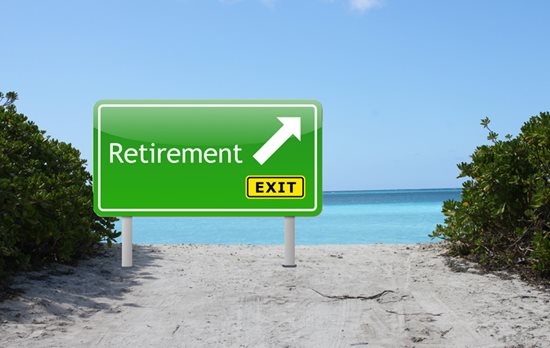We all have many different goals in mind for our futures. One goal for many people is to retire. As an independent contractor, the task of funding a retirement is entirely your responsibility so it’s important to make it a priority. Someone once told me, “…start now, pay yourself first, and enjoy the benefits of compounding interest. If you don’t start now, you will never start, and you’ll miss out on the value of time.” I found this to be great advice when thinking about retirement.

If retirement is a goal in your future, why put it off? Starting sooner rather than later is important because every day counts, and you will be more likely to achieve your goals. Starting now will create good habits for your future, and allow you to benefit from extra time and significant tax advantages. Time can either work for you or against you when it comes to saving for retirement.
How to get started funding a retirement:
- Create a budget.
A budget allows you to see how much you make, and where all of your money is going. If you don’t have enough money, often times it’s one of two possible problems: you either don’t make enough money, or you are spending too much of the money that you make. For most of us, it is the second problem that we need to fix.
- Reduce unnecessary spending.
Figure out the difference between things you “need” and things you “want”, and cut back your spending accordingly. Take leftover money for what you don’t “need”, and put it into a retirement account and/or emergency fund. There are many different ways to cut out unnecessary spending. Nobody said retirement planning was going to be easy, but the sacrifices you make now will lead to a more comfortable future.
- Establish an emergency fund.
Once you have freed up some money by cutting back on spending, you can begin your emergency fund. This amount should be enough to cover all of your bills and expenses for six months, should a situation prevent you from working and earning income. Having this money set aside will prevent you from dipping into your retirement account if an emergency occurs.
Next, propose these questions to yourself and your financial advisor:
1) Where am I financially?
2) How much will I need when I retire?
3) What will my social security retirement benefit be?
Once you’ve done all of the above, the next step is figuring out what kind of retirement account will work best for you. See the second part of this article, “What to Look For in a Retirement Account”, coming soon!